Residential Electrical Inspection Timing
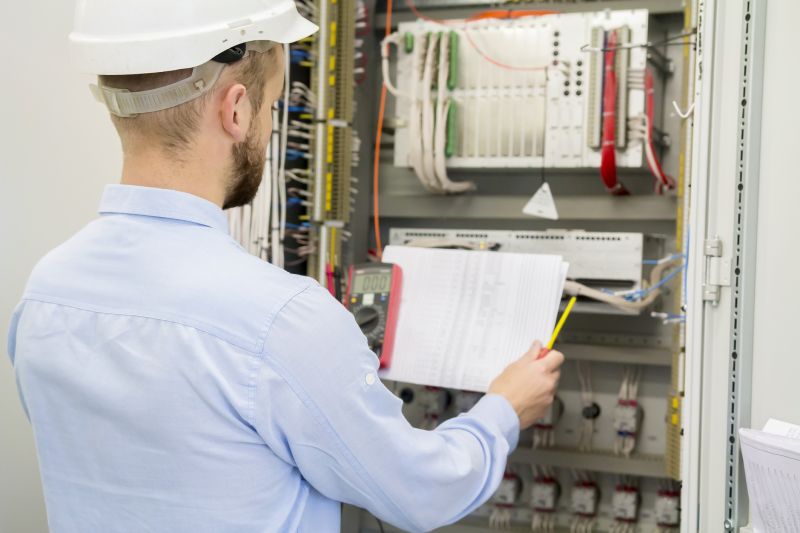
Spring is ideal for scheduling electrical inspections as it allows for timely updates before summer use.

Fall offers a good window to ensure electrical systems are prepared for winter demands.
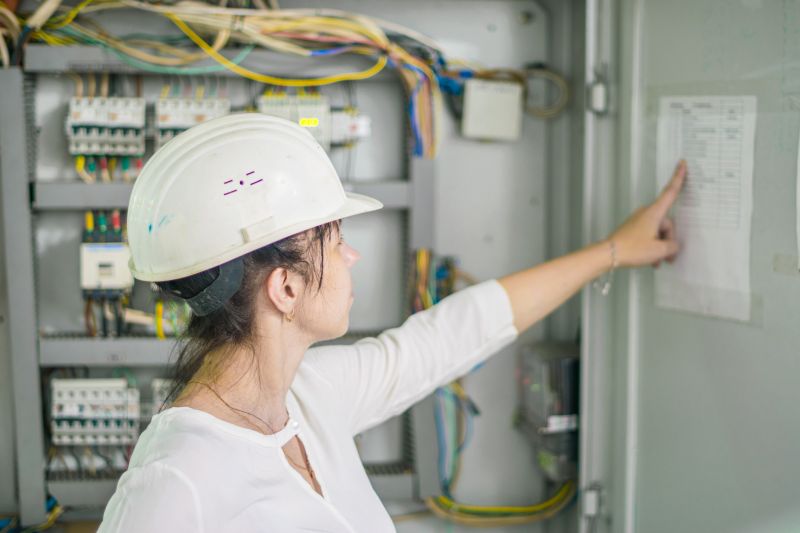
Winter and late summer months often have less scheduling competition, making them suitable for inspections.
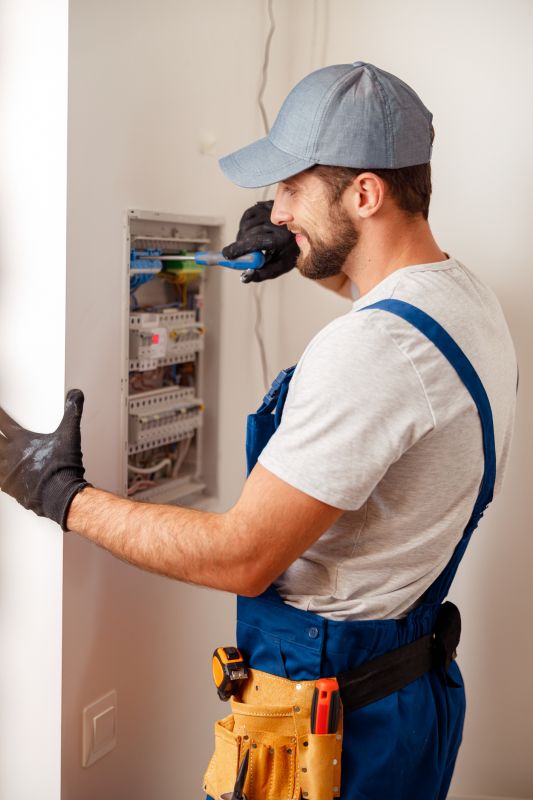
Ways to make Residential Electrical Inspectorses work in tight or awkward layouts.

Popular materials for Residential Electrical Inspectorses and why they hold up over time.
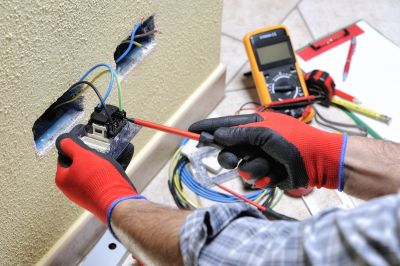
Simple add-ons that improve Residential Electrical Inspectorses without blowing the budget.
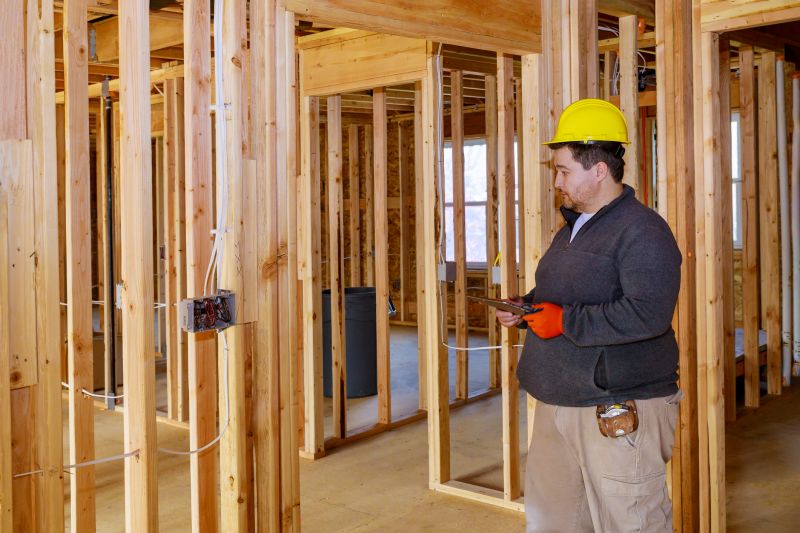
High-end options that actually feel worth it for Residential Electrical Inspectorses.
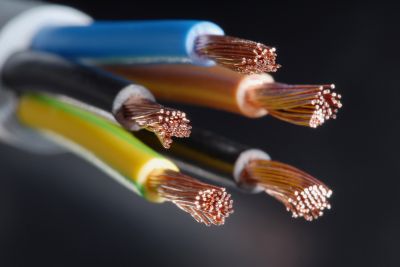
Finishes and colors that play nicely with Residential Electrical Inspectorses.
Residential electrical inspections are essential for maintaining safety and ensuring electrical systems comply with local codes. They are often scheduled during specific times of the year to optimize safety checks and maintenance. Proper timing can prevent costly repairs and reduce the risk of electrical hazards in homes.
Statistics indicate that most electrical issues in residences occur during periods of high usage or after renovations. Conducting inspections during optimal times ensures that potential problems are identified early, minimizing disruptions and safety concerns. Regular inspections can also extend the lifespan of electrical components.
Scheduling inspections at appropriate times helps identify issues before they escalate, ensuring safety and compliance.
Different seasons present unique challenges; inspections during mild weather are often more thorough.
Timely inspections support ongoing maintenance, reducing the likelihood of electrical failures.
Periodic inspections are recommended every few years or after major home renovations.
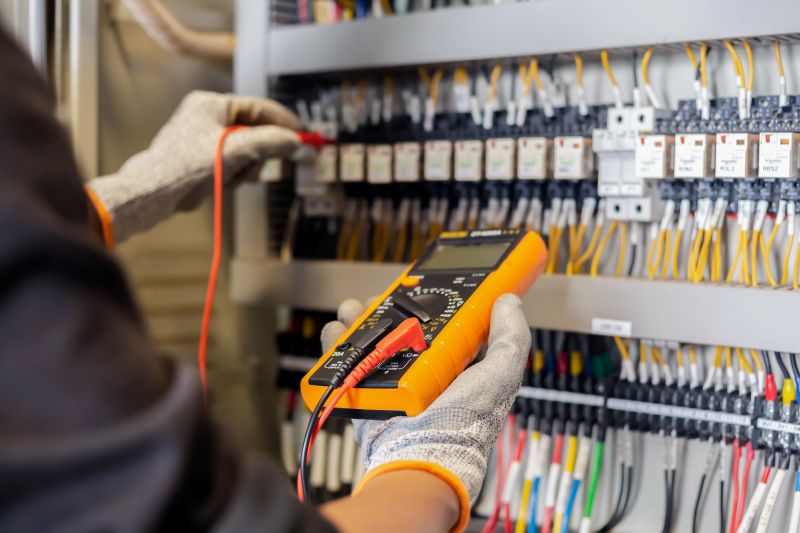
Technicians examining wiring systems during a scheduled inspection.
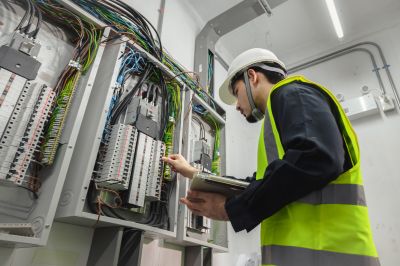
Homeowners assessing electrical safety and maintenance needs.
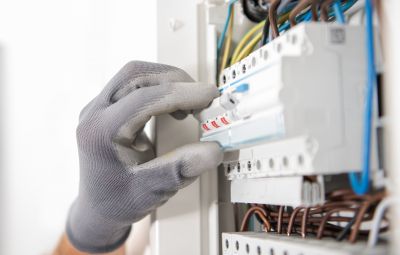
Inspectors examining circuit breakers and electrical panels.
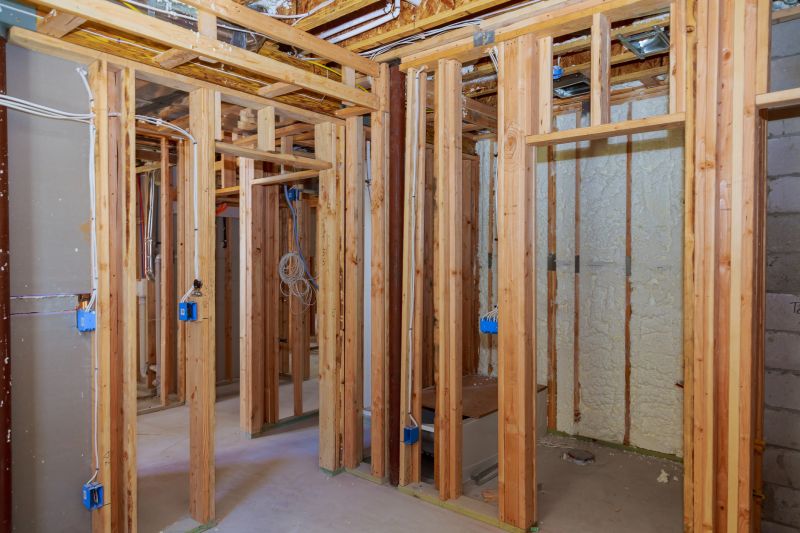
Modern electrical wiring installed during renovations.

Tools and safety gear employed by inspectors to ensure thorough checks.

Detailed reports prepared for homeowners after inspections.
| Season | Best For |
|---|---|
| Spring | Pre-summer safety checks and upgrades |
| Summer | Monitoring electrical load during peak usage |
| Fall | Preparing electrical systems for winter |
| Winter | Off-peak scheduling for thorough inspections |
| Late Summer | Post-renovation assessments |
Scheduling electrical inspections at the right time can improve safety, reduce costs, and enhance the longevity of electrical systems. Regular assessments help identify potential issues early, ensuring that electrical components operate efficiently and safely. Homeowners are encouraged to plan inspections during optimal seasons to maximize benefits.
